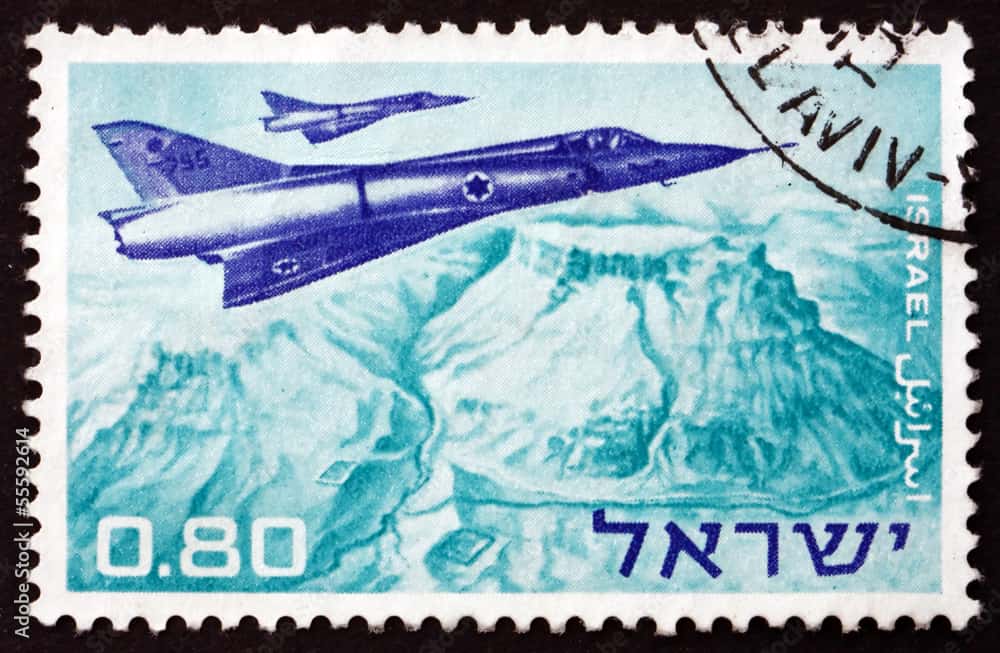My children all unanimously agree that Purim is the best Yom Tov. For months beforehand they talk about what they will dress up as and which friends will receive their mishloach manos. As we get closer and closer to Purim their excitement increases and escalates. So far there never has been a Purim when they were disappointed.
The older ones need Purim shtick that will outdo last year’s. Each day the younger ones have a different idea of what they want to dress up as. And everyone hopes that this year they will get the most nosh ever.
It is so easy for me to get caught up in their excitement. I never know what the frenzied pace of the day will bring. But I am ready to go along with the flow.
At some point in the day, however, I will feel pain. Because I do have some painful memories of Purim. My sister was diagnosed with her cancer shortly before Purim. I went with her to Sloan Kettering on Shushan Purim. It was on that day that the doctor casually declared that she didn’t have too many years left to live.
A few years later my ill mother took a turn for the worse on Purim. It was on that day that she lost her appetite and never regained it. Losing an appetite is not a good sign. It was downhill from there.
But I like to keep in mind some of the lessons of Purim. We all know that it doesn’t say Hashem’s name in the Megillah. And yet we know beyond a doubt that Hashem orchestrated each event. It seemed as if all the Yidden would be killed. It seemed like there was no hope for a salvation. But the miraculous salvation teaches us that Hashem micromanages each event in our lives, no matter how big or small.
I was recently reading something that Rabbi Frand wrote. Haman had everything and should have been the happiest one around. He had a large family, money, a prestigious position and lots of power. But the one thing he didn’t have was the only thing he could focus on. The fact that one person, Mordechai, wouldn’t bow down to him gave him no rest. This man could never be happy because he was always focused on what he didn’t have rather than what he did. He was the antithesis of one who is happy with what he has.
On Purim we have the mitzvah to be b’simchah. But there is so much pain in this world. There is so much worry in this world. How can we really feel that simchah? We can – regardless of what the circumstances are in our lives. We can be the exact opposite of Haman. We can notice what we have. We can be grateful for what we do have. By taking nothing for granted we can feel real serenity inside of us.
There is nothing that I just wrote that is new to me. There is nothing that I just wrote that was a real eye-opener to me. But I am grateful for these reminders.
Purim is almost here. I have a lot to do before it arrives. I know that over the next few weeks I will have flashbacks. I know that I will feel pain. But I hope to remember these lessons. Hashem is here taking care of me. And I have so much to be grateful for.












